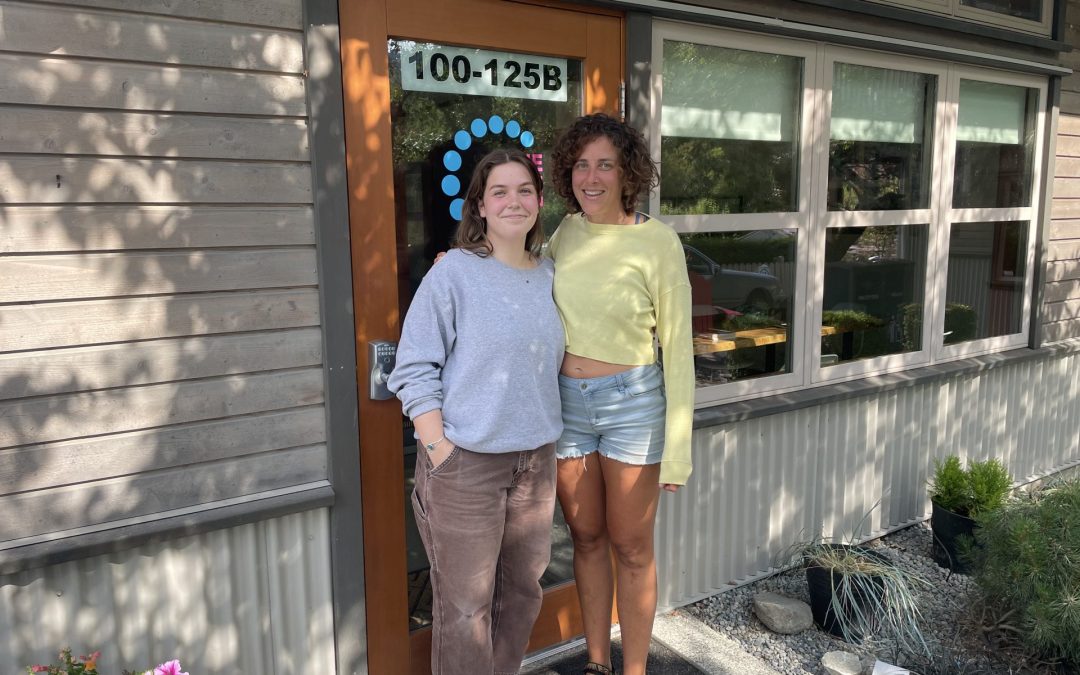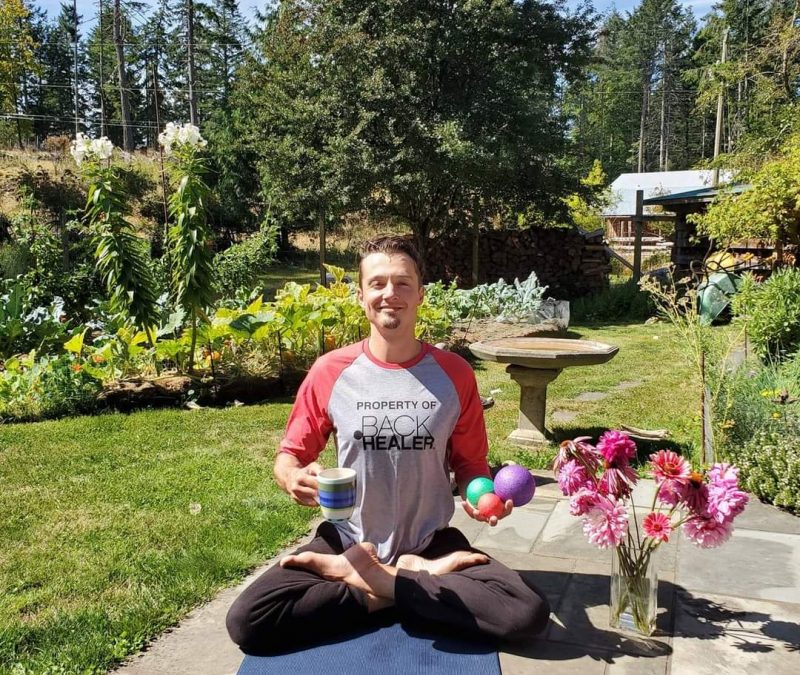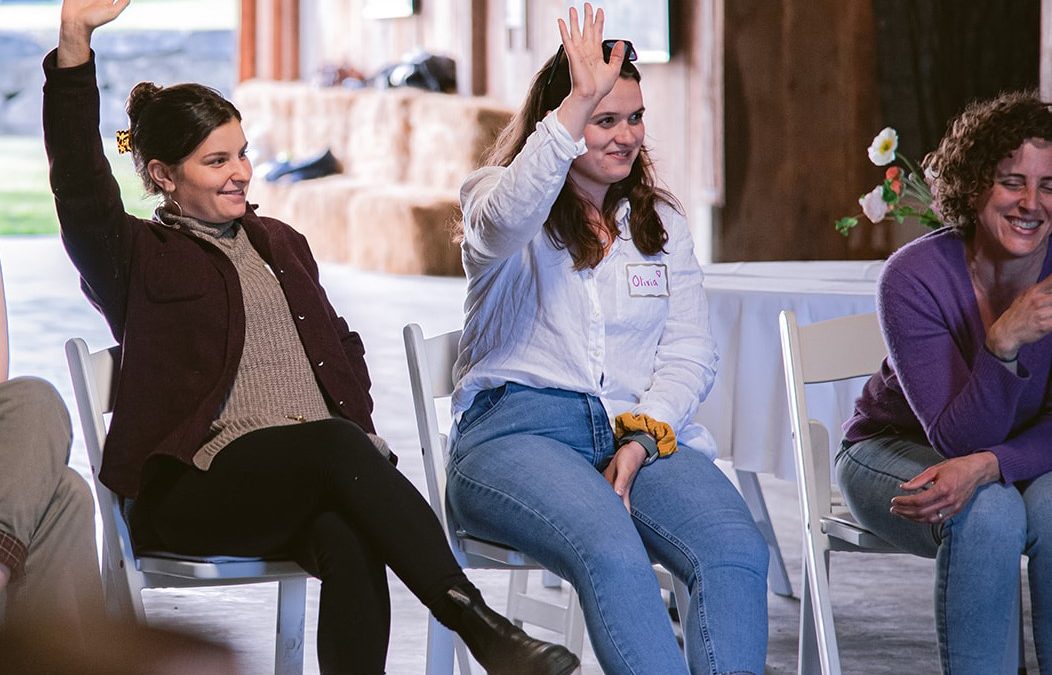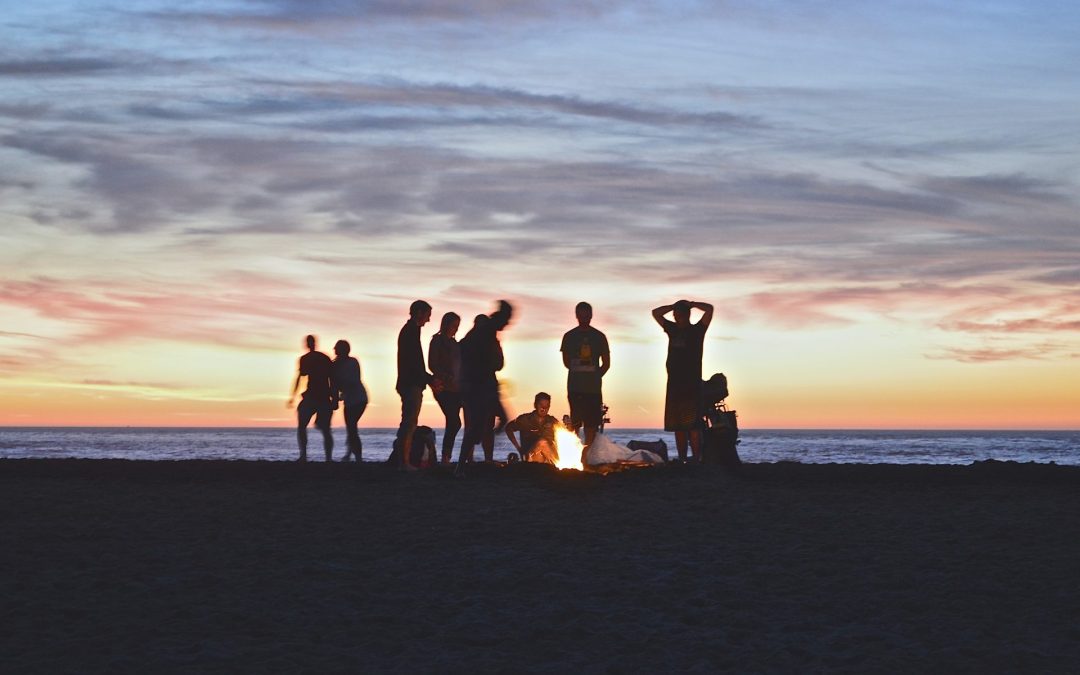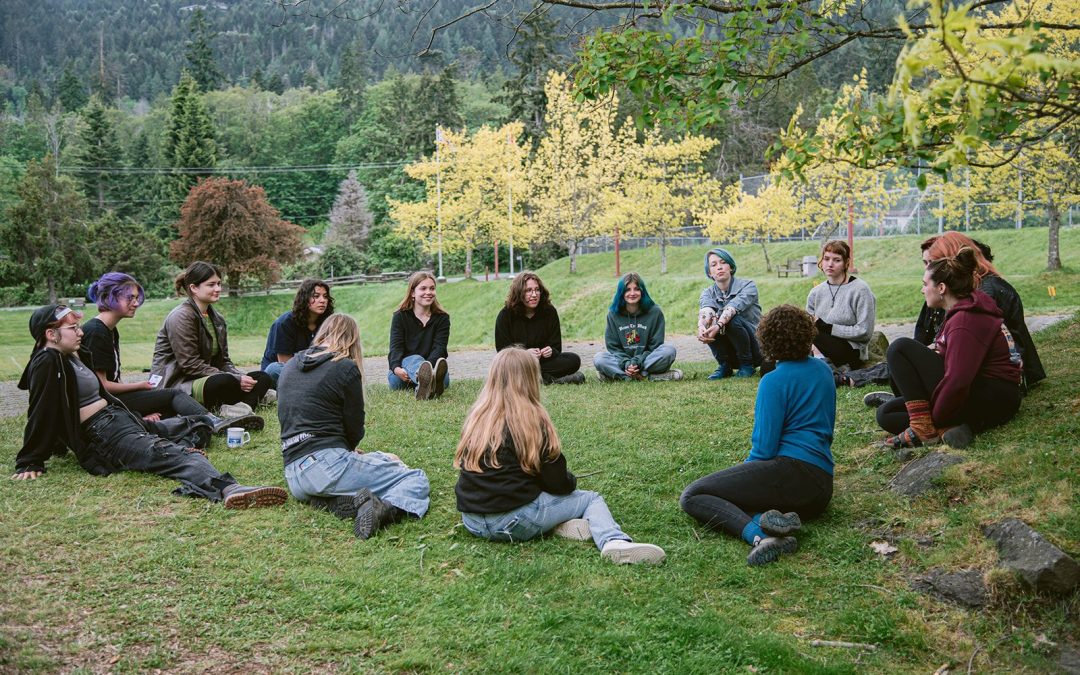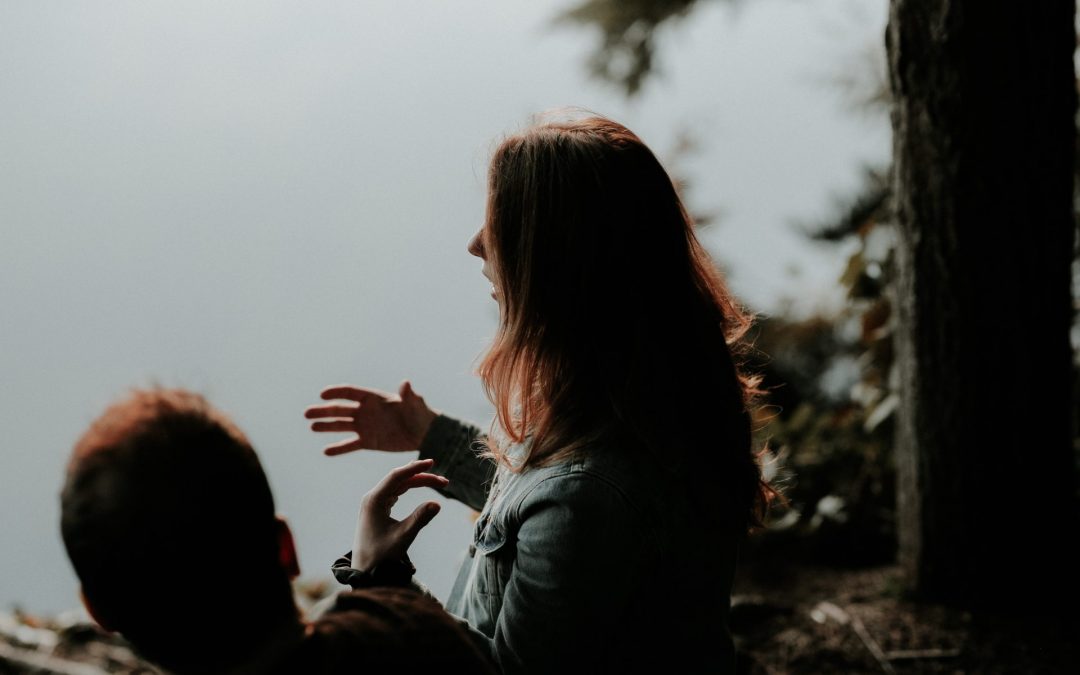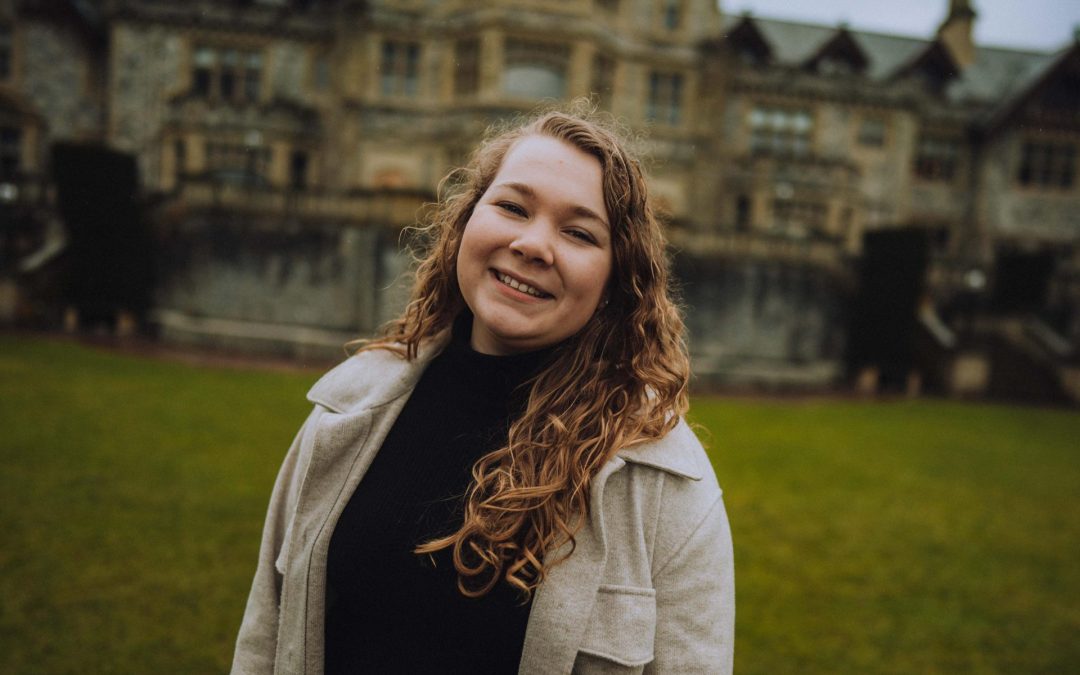Bullying is a universal problem, but we’ve only really heard about it in the last 20 years or so. Tragic stories of suicides and murders in the news have shocked educators and parents into taking more notice of bullying. The vast majority of bullying does not end in such dramatic and tragic ways. There are more subtle effects and repercussions for victims and bullies later in life. Stories can be helpful to those experiencing bullying, so in the hopes that this might help someone out there, this is my story.
I am now in my 50’s and when I was a child, my family moved a lot, so I did not have experience of school or interacting with kids my own age. Life at home was relaxed and loving, so it was a cruel shock when I was sent to a co-ed boarding school at age 5. I cried a lot, moped about, and the other kids saw me as a potential victim. The bullying started pretty much right away. I was beaten up, ridiculed, and my dolls thrown into mud puddles. I begged the other kids to play with me and a favourite torment was to agree to play with me and once we got to the woods or the playing field, they would yell “lets run away from Megan,” and I was left in the field alone. The worst times were bedtimes and mornings. We slept in dormitories with up to 10 kids in one room so you can imagine the opportunities for bullying. One morning, when I was 8, a particular ring leader decided that he would ‘rape’ me. He tried to climb up onto my bunk (I was on the top bunk) as the other kids cheered him on. I didn’t entirely understand what ‘rape’ meant, but I was determined not to let him on to my bunk. I smashed his hands with my fists and kicked him in the face, but he kept trying to get up. Finally one kid went to get help and a teacher broke it up.
In the beginning, some of the older kids took pity on me. They let me hang out in their rooms and gave me sweets. This made the younger kids jealous and the bullying increased, so the headmistress suggested that the older kids should stop being nice to me. She also had a solution to my toys being broken: – don’t bring any toys to school. In those days, finding support from adults at my school didn’t work. As I got older, the injustice of it all fired inside my head trying to explode and I learned to fight and scream.
Finally someone suggested that I be moved into a smaller room with just one other kid. This improved the situation but did not stop it completely. I withdrew into my own world, spent hours sitting in the woods, staring up at the light through the branches and playing with my imaginary friends. I also learned to read which helped me to escape into fantasy worlds and started a life-long addiction to fantasy and science fiction novels.
When I was a child, bullying was just part of the reality of being a kid. The established way to deal with bullies was punishment, not prevention or education. The focus was on the bullies’ behaviour and the more trouble they got into, the more they would bully. The main message that I got was that I should just stop feeling sorry for myself and get over it.
When I was 10, my older sister had a talk with me: “Megan, the reason they bully you is because you put on a good show. If you want them to stop, you have to ignore them and pretend that it doesn’t bother you.” I tried out this technique at bed-time when one of the kids stole my clothes and locked them up. Inside I was panicking, “How am I going to get dressed in the morning?” Outwardly, I pretended to be completely unbothered. They soon lost interest in teasing me about my clothes and in the morning, I calmly went up to him and asked for my clothes back. He gave them to me. It was simple. Don’t give the bullies what they want and they will lose interest. I wish someone had explained that to me earlier.
Although this technique worked when I was 10, there has been a down side. As an adult, I find myself ignoring people when they are mean to me instead of being assertive and standing up for myself. I guess the behaviour stuck.
In my opinion, most kids who are bullied react either by becoming completely passive or fighting tooth and nail. I found that neither of these techniques worked for me. Ignoring the bullies and being assertive and calm worked. Unfortunately not many schools teach kids how to be assertive and calm. Solutions are based on punishment which in many situations, including mine, did absolutely nothing to remedy the problem and in some cases has escalated it. I’m not saying that I have all the answers or that bullies shouldn’t be punished, I’m just telling my story and sharing my observations. Bullying has repercussions and my experience has affected me throughout my life.


